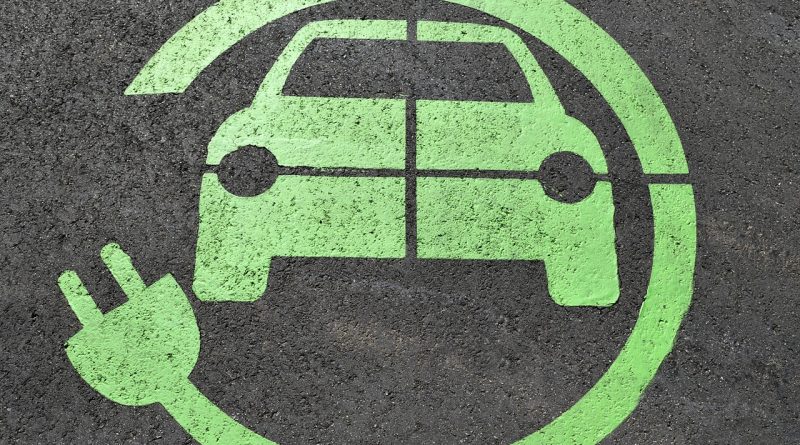Hydrogen Cars – Alternative Fuel Vehicles
The attempts of reducing production of air pollutants in the air by petroleum-generated vehicles have led to alternative fuel vehicles (AFVs). These are vehicles fueled by combustible and energy-producing materials other than oil or petroleum. Excessive burning of petroleum leads to increasing release of carbon-based compounds in the atmosphere, such as carbon monoxide, that administer global warming.
Car manufacturers are beginning to develop cars powered by hydrogen. Hydrogen cars are AFVs that either use hydrogen to fuel an internal combustion engine designed similarly with a petroleum-generated engine or stored in a fuel cell. This attempt is expected to reduce huge amount of harmful pollutants in the air because of its 10 to 95 percent smoke emission reduction.
Although electric vehicles are found more feasible at present, some top car manufacturing companies in fast developing cities like Indianapolis are looking into the market potential of hydrogen cars in the next twenty years. Some of them are manufacturing cars with built-in hydrogen-generated engines, but most consider replacing engines of used cars with hydrogen fuel cells to study its feasibility.
Used car dealers in Indianapolis have yet to see hydrogen cars a booming investment in the near future. Today, hydrogen cars have ostensible downsides, primarily because of the kind of gas required to harness in volumes. Hydrogen is not a natural gas on earth; it has to be extracted from other substances often requiring technology that harness traditional sources.
Another drawback of hydrogen as a fuel is its low energy content per unit volume, which means that to produce a large amount of energy, an unimaginable volume of hydrogen is needed. This makes some used car dealers in Indianapolis disregard the idea of selling hydrogen cars. Nonetheless, car design companies are attempting to figure out ways to compress hydrogen to reduce its volume while maintaining its amount.
Today, hydrogen cars are proven efficient both in reducing air pollutants and in running speed. The completely finished hydrogen-powered vehicle has set a land speed record of about 286 mph. Used car dealers in Indianapolis consider selling cars with redesigned engines that match this achievement, without reflecting cost change and physical adjustments on the rest of the car’s parts.


